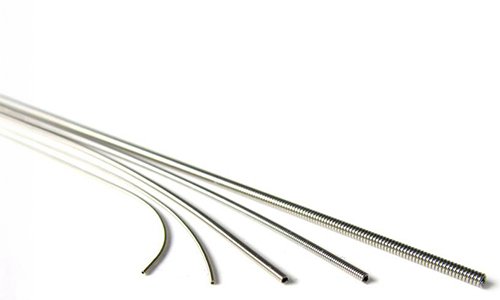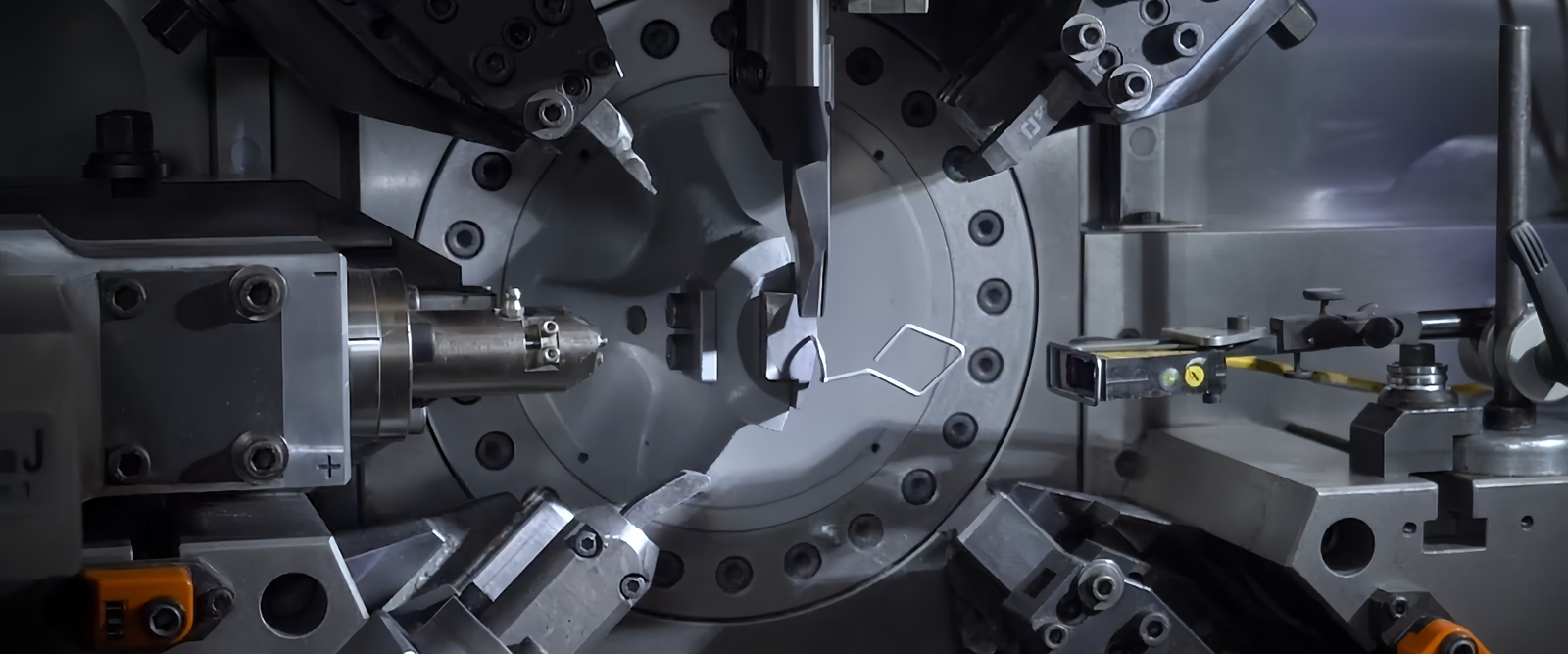Manufacturing medical springs is a precise and intricate process that plays a crucial role in the effectiveness and safety of various medical devices. From medical forceps to catheters, these springs are vital components in medical devices that aid in diagnostics, surgery, and patient care.
In this article, we will delve into the significance of quality control in the manufacture of medical springs. We will explore the processes involved, the importance of precision, and how quality control ensures the reliability and safety of medical applications.
Medical springs are integral to various devices used in the healthcare sector. They are found in guidewires, medical snares, pumps, syringe systems, and clips. Additionally, they serve critical functions in endoscopes and other intricate medical devices.
Applications of Medical Springs
Medical springs are utilized in:
- Guidewires: These are used in minimally invasive surgical procedures to guide catheters and other instruments.
- Medical Forceps: Springs provide the necessary tension in forceps, ensuring precision in surgical procedures.
- Medical Pumps & Syringe Systems: Springs help control the flow of fluids and medication.
- Medical Clips and Snares: These require precise spring tension to function effectively in procedures like tissue removal.
Given their widespread use, the precision and reliability of medical springs are paramount. Any deviation in their performance can lead to critical failures in medical devices, potentially compromising patient safety.
The Manufacturing Process of Medical Springs
The manufacturing of medical springs involves several precise steps, each demanding strict quality control measures to ensure the springs meet the high standards required in medical applications.
Material Selection
The first step in the manufacturing process is selecting the right material. Springs used in medical devices are typically made from stainless steel or special alloys known for their strength, flexibility, and resistance to corrosion.
Spring Forming
Once the material is selected, the spring forming process begins. This involves shaping the metal into the desired spring configuration using specialized machinery. The process must be meticulously monitored to ensure the springs meet the exact specifications required for their intended medical use.
Heat Treatment
After forming, springs often undergo heat treatment. This process enhances their strength and flexibility, ensuring they can withstand the demands of medical applications without losing their shape or functionality.
Surface Treatment
Surface treatment, such as polishing or coating, may be applied to improve the spring’s durability and resistance to wear and corrosion. This step is crucial in ensuring the longevity and reliability of the springs in medical environments.
Quality Control in Medical Springs Manufacturing
Quality control is an essential aspect of medical spring manufacturing. It ensures that every spring produced meets the stringent standards necessary for medical applications.
Inspection and Testing
During the manufacturing process, springs are subjected to rigorous inspection and testing. This includes:
- Dimensional Checks: To ensure the springs are manufactured to the precise dimensions required.
- Load Testing: To verify that the springs can withstand the forces they will encounter in medical devices.
- Fatigue Testing: To assess the springs’ durability and longevity under repeated use.
Compliance with Standards
Manufacturers must comply with industry standards and regulations, such as ISO certifications, to ensure their products are safe and effective for medical use. These standards provide guidelines for the quality management systems that manufacturers must follow.
Continuous Improvement
Quality control is not a onetime process but an ongoing commitment to continuous improvement. Manufacturers must continually assess their processes and products, seeking ways to enhance quality and efficiency. This commitment is vital in maintaining the trust of healthcare professionals and ensuring patient safety.
Challenges in Medical Spring Manufacturing
Manufacturing medical springs presents several challenges that manufacturers must overcome to ensure high-quality products.
Precision and Complexity
Medical springs must be manufactured with high precision to meet the complex requirements of medical devices. This complexity requires advanced machinery and skilled operators to produce springs that meet exacting specifications.
Material Limitations
The materials used in spring manufacturing must possess specific properties, such as biocompatibility and corrosion resistance. Sourcing and processing these materials can be challenging and require specialized knowledge and equipment.
Regulatory Compliance
The medical device industry is highly regulated, and manufacturers must adhere to strict guidelines and standards. Ensuring compliance can be complex and resource-intensive, but it is essential for producing safe and effective medical springs.
The Future of Medical Springs Manufacturing
As medical technology advances, the demand for high-quality medical springs will continue to grow. Innovations in materials, manufacturing processes, and quality control will drive the industry forward, resulting in more reliable and effective medical devices.
Embracing Technology
Advancements in technology, such as automation and data analytics, are transforming the manufacturing process. These innovations allow for greater precision, efficiency, and consistency in the production of medical springs.
Sustainable Practices
The industry is also moving towards more sustainable practices, focusing on reducing waste and energy consumption. By adopting environmentally friendly methods, manufacturers can contribute to a more sustainable future while maintaining high-quality production standards.
Conclusion
Quality control in medical springs manufacturing is vital to ensuring the safety and effectiveness of medical devices. Through meticulous processes, rigorous testing, and adherence to industry standards, manufacturers can produce springs that meet the demanding requirements of medical applications.
As the industry evolves, continuous improvement and innovation will be key to meeting the growing needs of healthcare professionals and patients alike. By prioritizing quality control, manufacturers can ensure the reliability and performance of medical springs, ultimately contributing to better patient outcomes.
.png)



